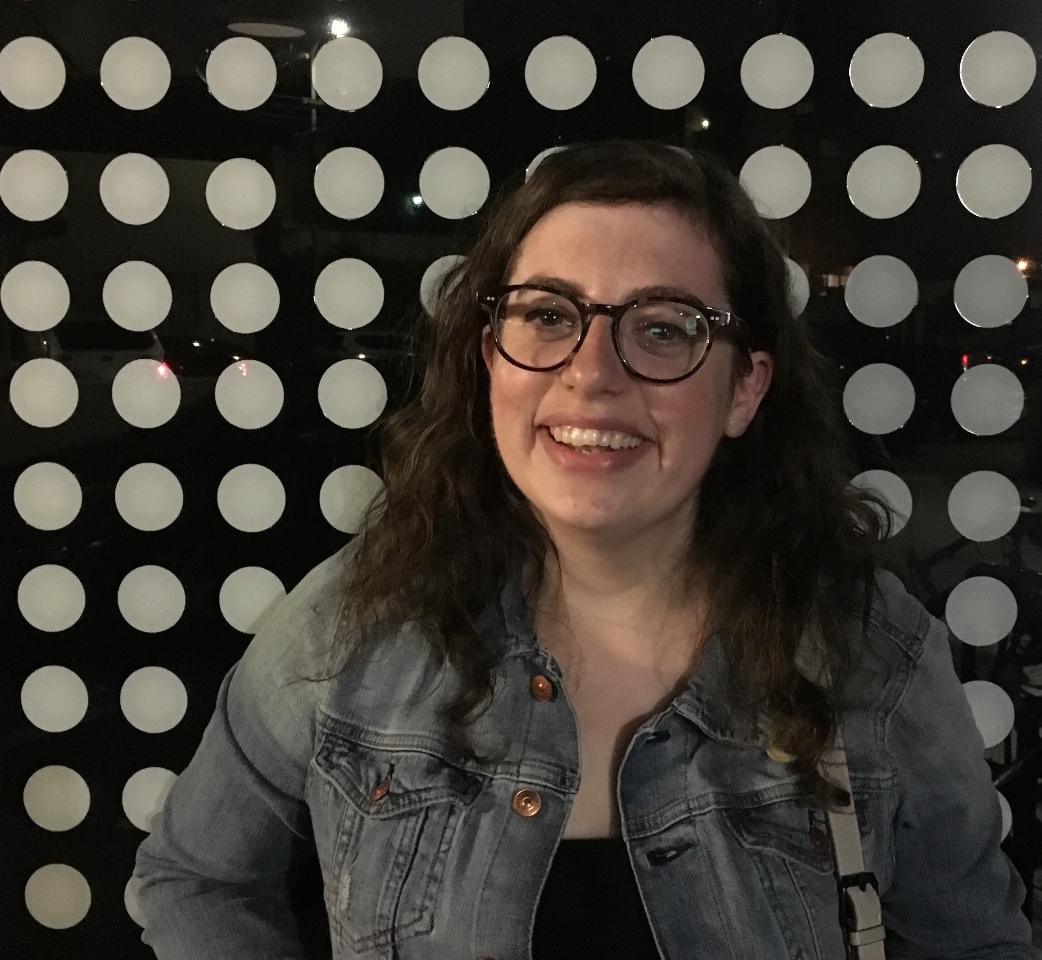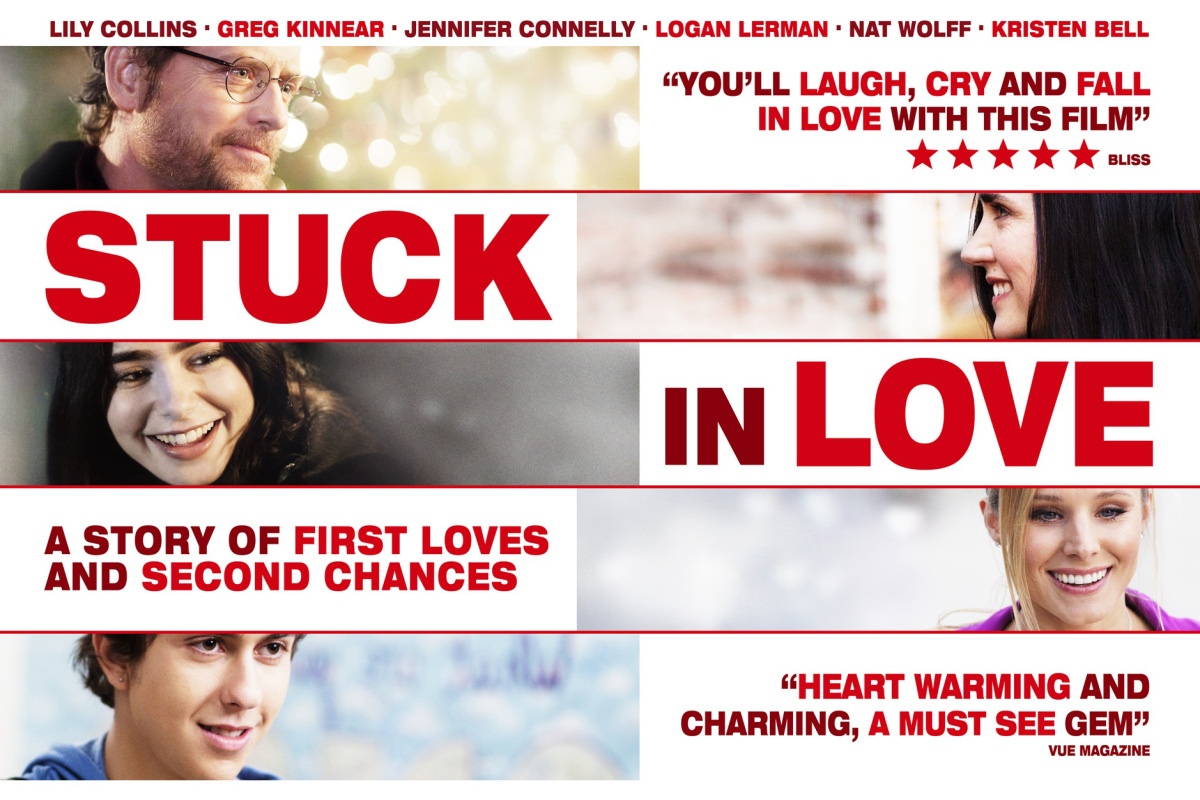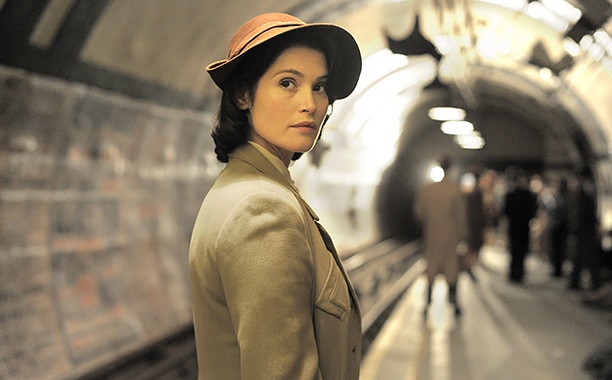We chat to Laura Katz about her time leading Cutting Edge’s Music Services in Los Angeles, and launching Supe Troop, her very own music supervision company.
Hi Laura, thanks for speaking with us today. How did you decide that you wanted to work in music in the first place?
When I was a child I was sick and I went to see my paediatrician, and in the elevator there was an elderly woman in a wheelchair with a nurse. The woman saw me – a very young sick child – I think I just had the flu or something, nothing major, but I probably looked sad, and so she sang to me. She scatted the song, “Do You Know the Muffin Man?,” and, when she got off the elevator, the nurse asked my mom, “Do you know who that was?.” And it was Ella Fitzgerald.
So yeah, it was auspicious beginnings. I’d say that’s how I got the music bug. It was such a transformative moment, even though I obviously did not know who Ella Fitzgerald was when I was that young. From there, I became your typical teenage music obsessive. I had the luck of geography in that I grew up in LA, so I was able to start interning in the music business in high school.
I interned in quite a few different facets of the music industry, and my fourth internship was at Sony Pictures in the Music Creative Affairs Department, which gave me my first insight into this field. And then after college I got an internship at Cutting Edge Group, which was around seven years ago. I was able to grow the internship into a part-time position, and then a full-time position, and I was really lucky to get in with Cutting Edge early and be able to grow with them from the ground up. I eventually became Head of the Music Services Department in LA, and I ended up running that department for almost three years.
And then just last month I launched Supe Troop, a new music supervision company that I’m running with two of my colleagues from Cutting Edge, Chris Piccaro and Lauren Weiss. I’m super excited because we have a deal in place with Cutting Edge where we’ll continue to work on their investment projects, but we can do our own supervision projects as well, whether that be film, TV, video games, or brand work. We really want to expand what we do. I think that it’s best for both of us – I worked with Cutting Edge for so long so they really know that I know what they need, and we already have that working relationship. But now I can do my own projects as well.
What were some of the project highlights during your time as Head of Music Supervision for Cutting Edge?
I supervised around 35 movies while at Cutting Edge. One of my two favourite projects was a film called Stuck in Love, which I co-supervised with a colleague of mine. That one was really fun because it was a really music heavy film. Not only was the score original and unique, in that it was composed by Mike Mogis and Nate Walcott from Bright Eyes, but there were also a lot of source cues and the director was really enthusiastic about the music choices. Music wasn’t an afterthought to him.
We got a lot of really cool songs in the film – ones by known artists and ones by very obscure artists as well as an original song by Conor Oberst, and it was just a really great combination. It’s still fun to watch – even though I’ve seen it hundreds of times, it’s a really good film that I can re-watch and recommend to my friends and family.
My other favourite project is a video game called Sunset Overdrive that I did a couple of years ago, which was developed by Insomniac Games for Microsoft Xbox One. It was really fun because it was mostly garage rock, which is one of my favourite kinds of music, and I don’t tend to be able to use that genre very often in film. It was really a pleasure to be able to incorporate that love of mine into my work for once. And also the people I worked with at Insomniac were just the nicest people.
So essentially the prime reason for starting Supe Troop was to expand on the type of work that you do?
Yeah, that’s the main one. Cutting Edge is focused on the projects that they invest in, and that is a ton of work and we’re fortunate in that way. But we wanted to be able to work on projects that Cutting Edge didn’t need to be involved with. Their core business is an asset owning business, and ours is a services one. So we wanted to be clear with our future clients that if they do want the Cutting Edge investment, we can help introduce them and facilitate that, but we are here as our own entity to provide a top notch creative and music supervision service.
I loved working at Cutting Edge; it was such a good opportunity for me. I’ve been there for more than half of its entire existence, so this is in a way a natural progression. Cutting Edge has a history of empowering people to make their own way. Several of my other colleagues have also started new businesses that were sort of incubated in Cutting Edge. So I felt comfortable that we would have a continuing good working relationship, but that I could also add on new endeavours and expand. My job there was film focused and I love film, but I do want to get into the other mediums, as well.
What does your team at Supe Troop look like?
We have another music supervisor and a music coordinator. The other music supervisor and I both do our own projects, and then we also do work together. I would say we always like to have one project that we’re doing together and then the rest of the projects we’ll work on separately.
What’s your process for finding new clients?
This is obviously the new challenge of this company! We’re just going to try to forge new relationships and also see if there are people we worked with before that have other projects, just the normal ways that any business does it. Hopefully, we’ve proven ourselves that we do great work and people will want to work with us again.
Can you tell us a bit about some of your upcoming projects?
I’m working on a film called Gemini right now, which I’m really excited about. It’s by a director named Aaron Katz, but we’re not related, and it’s a thriller that takes place in LA today, which is really fun for me as an LA native. It’s starring Lola Kirke who I loved in Mozart in the Jungle, and Zoe Kravitz and John Cho. It has a lot of fun music and I’m really looking forward to having that one come out.
My colleague, Chris, is working on six Cutting Edge movies right now. Also I was lucky that I just had three movies premiere at TIFF, which is part of the reason why I’ve been in Canada. The one that was most fun to see in front of a live audience is called Their Finest, which has a lot of on camera music in it. That was really interesting, a good challenge. And it’s a World War II movie, so it’s all period music.
You mentioned earlier that you’d like to expand into other mediums, and TV seems to be a very creative area at the moment with the explosion of original programming. What are your thoughts on that?
There are so many different platforms for TV at the moment, it’s not really necessarily TV in the traditional sense. I think there’s a lot of room for creativity, and it’s just about finding the right fit. I’m hopeful that I can find a TV programme that Supe Troop would be right for. I don’t think film has been suffering, though; we’ve worked on a lot of great films that have great creativity when it comes to their music. It just really depends on the people that you work with.
How do you kind of see the creative world of music in TV and film evolving? Are there any trends that you’ve noticed?
I think it goes in cycles that music becomes a driving force in the project versus being just laid on top of it. There’s a lot of projects right now where music is crucial to the point of the project. But I don’t think that that’s necessarily an overarching trend. It just sort of flows in and out of a zeitgeist, that sometimes people really go for those kinds of projects and then they need a break. And then they come back.
Yeah. It seems like there’s a lot of nostalgia-based programmes at the moment, of which music plays a key part.
Yeah. Music is really good at setting a time and place, and that’s really fun to work on, too. I’ve been working on a lot of period pieces recently, and it’s an interesting adventure to go back through time and digging for songs that really set the time and place and creating that environment musically. I think it also keeps things varied. We’re always looking at new music, and even if it’s not new music literally, it’s a new field for us to take a deep dive into.
Are you open to submissions as a music supervisor? Can people get in touch with you, and are you looking for anything specific?
Yeah, people can get in touch with me. I would say that like all music supervisors we get a ton of submissions, so it is usually better to go through a pitching company or a licensing company that has those trusted relationships. But I do get to everything eventually – it’s just pretty delayed because of the volume of work we get in.
I think all music supervisors love music, so I’m open and excited about being able to hear what’s out there. But it’s definitely a long process. In terms of what I’m looking for right now, there’s nothing that I need at this exact moment. Because I’m going from movie A to movie B to movie C, and all of those movies need completely different music, I can’t really say what I generally need. A couple of years ago I needed a lot of metal for some unknown reason. But that seems to have subsided.
So people should just send a brief selection of their best stuff?
Yeah. I really like samplers that show what people have, as long as they’re not attached to the email. I’m sure that’s a common disclaimer.
What are your biggest challenges as a music supervisor?
Unfortunately, the biggest challenge is always the budget, especially in the independent film space. It’s a good thing that filmmaker’s dreams are big, but there’s a lot of mismatch of expectations and reality. And I think it’s sort of a music supervisor’s job to navigate those expectations. We don’t ever give up on trying to get the impossible, because it’s not always impossible, but we try to always simultaneously be looking for other ways of solving a puzzle. Like what else would work here? What else would make this sing but isn’t this incredibly expensive famous song?
It would be helpful for people in the industry as a whole to have a better understanding of how much music costs, but we’re here to help with that and we’re ready to keep doing that. It’s never a bad idea for filmmakers to get an understanding of how expensive music really is. And music doesn’t need to be cheap – music deserves to be paid fairly as well. It is someone’s life work, just like film is an artistic expression, music is an artistic expression too. And everyone deserves to be paid fairly.
Yeah, it seems like the promise of “exposure” is offered far too often in replace of an actual fee.
Yeah. And it’s about understanding where you are in your career, and what you need at that moment and not being afraid to ask questions about the project, because maybe it’s true that the exposure is there. But it might not be and I think it’s important to really know what you’re getting yourself into. In the number of projects I’ve worked on, there definitely have been projects that have really helped the artist, even if it’s a low fee. And there have been ones where we paid them a lot of money and it wasn’t worth it for anyone. So I would just say that people, on both sides, should be aware and not afraid of asking questions.
Yeah, that’s good advice. Do you have any words of wisdom for women in the industry in particular?
This is I guess advice for anyone, but women also. When I started I was very enthusiastic, but I think some people might be afraid of being assertive and really making it clear what they’re there for. I was always like, “Please give me more work, I’m here to show you what I can do.” And sometimes you’ll be in an environment that might not seem like an opportunity, but everything’s a learning experience. Even in cases where I had an internship but nothing was really happening, I was still able to make valuable relationships and able to learn from the people I worked with. So I would say be a go-getter, and just keep looking for ways to add to your skill set. Becoming valuable is the ultimate way of improving your career.
Lastly, what are you listening to at the moment?
I just went to Pop Montreal, and I saw this show on a rooftop that was really great – Leif Vollebekk. He was really amazing and so I’ve been listening to him a lot since I got back. And there’s a lot of cool acts in LA that I’ve been listening to. One is named Alina Bea, and she had a record out pretty recently that I think is really great also. So yeah, those are two.
Awesome – we’ll be sure to check out those recommendations. Well, thank you so much for your time, Laura. It’s been great chatting to you.
Thank you!



